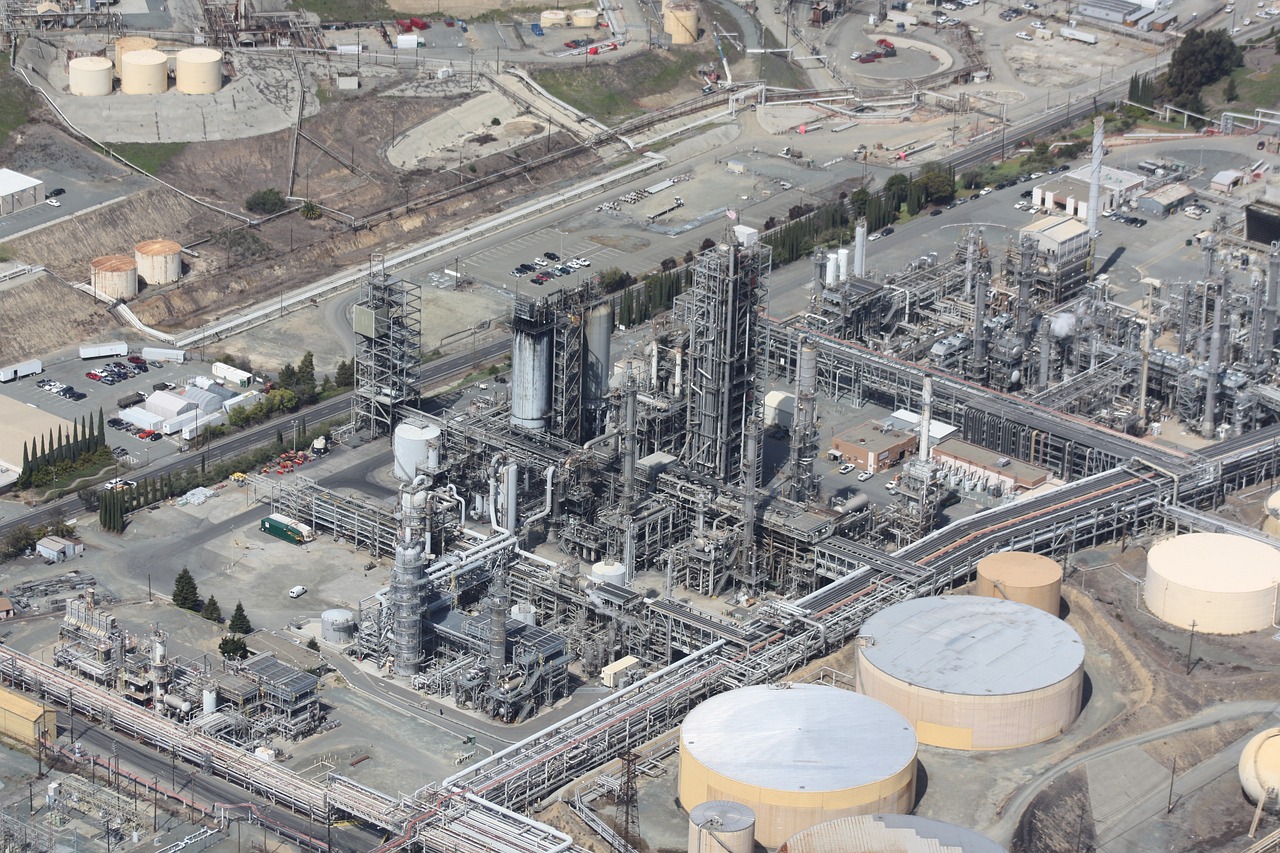News
International Oil Prices Approach US$70 per Barrel, Accelerating Global Debt Market Sell-off
Oil prices reportedly jumped to their highest level so far this year yesterday, approaching $70 a barrel, accelerating a sell-off in global debt markets.Oil prices are currently at their highest level since the Organization of the Petroleum Exporting Countries (Opec, referred to as OPEC in Chinese) decided to let oil prices fall in November last year and regain market share by squeezing higher-cost producers.
The rise in crude prices came after U.S. oil inventories posted their first weekly decline in four months and output fell further in conflict-ridden Libya.
Brent crude, the global benchmark, has gained more than 50% since bottoming out near $45 a barrel in January, driven by stronger demand, near-record hedge fund buying and the dollar. go lower.
Rising oil prices have encouraged higher long-term inflation expectations, a factor driving the bond selloff.
The sell-off threatens to halt a long-running rally in government debt, fueled in part by extraordinary measures taken by central banks in the wake of the financial crisis.
Prices for the benchmark 10-year German Bund, seen as a bellwether for European markets as a whole, fell yesterday, with yields (which move inversely to prices) rising to their highest levels so far this year.
The U.S. bond market suffered collateral damage, with the yield on the 10-year Treasury note rising 4 basis points to a two-month high of 2.22%.
The sell-off in the bond market came as Federal Reserve Chair Janet Yellen warned that bond yields could jump to higher levels after the U.S. central bank begins raising interest rates.
Traders and analysts say a sharp rise in oil prices over the past month could jeopardize OPEC's strategy of squeezing out higher-cost producers. Some of the largest U.S. shale oil producers have cut costs and improved efficiency and have said they may decide to increase production as long as oil prices remain at current levels. This means more oil is being supplied to the market, again putting pressure on prices.
"The factors supporting the upward momentum in oil prices cannot be underestimated and they may push prices higher in the near future," said Tamas Varga of oil broker PVM.
Steven Major, HSBC's global head of fixed income research, said the bond sell-off was driven by investor fatigue, nascent signs of inflation and increased euro zone bond issuance. "It's a form of indigestion," he said. “The appetite for ultra-low-yield bonds is gone.”
Quantitative easing (QE) in Europe has sent stock prices soaring, government borrowing costs falling to historic lows, and yields on many government bonds falling into negative territory. But the recent bond sell-off has reversed that process.
Two weeks ago, the yield on 10-year German Bunds fell to a record low of 0.05%, while yields on a variety of shorter-dated euro zone government bonds were below zero.

